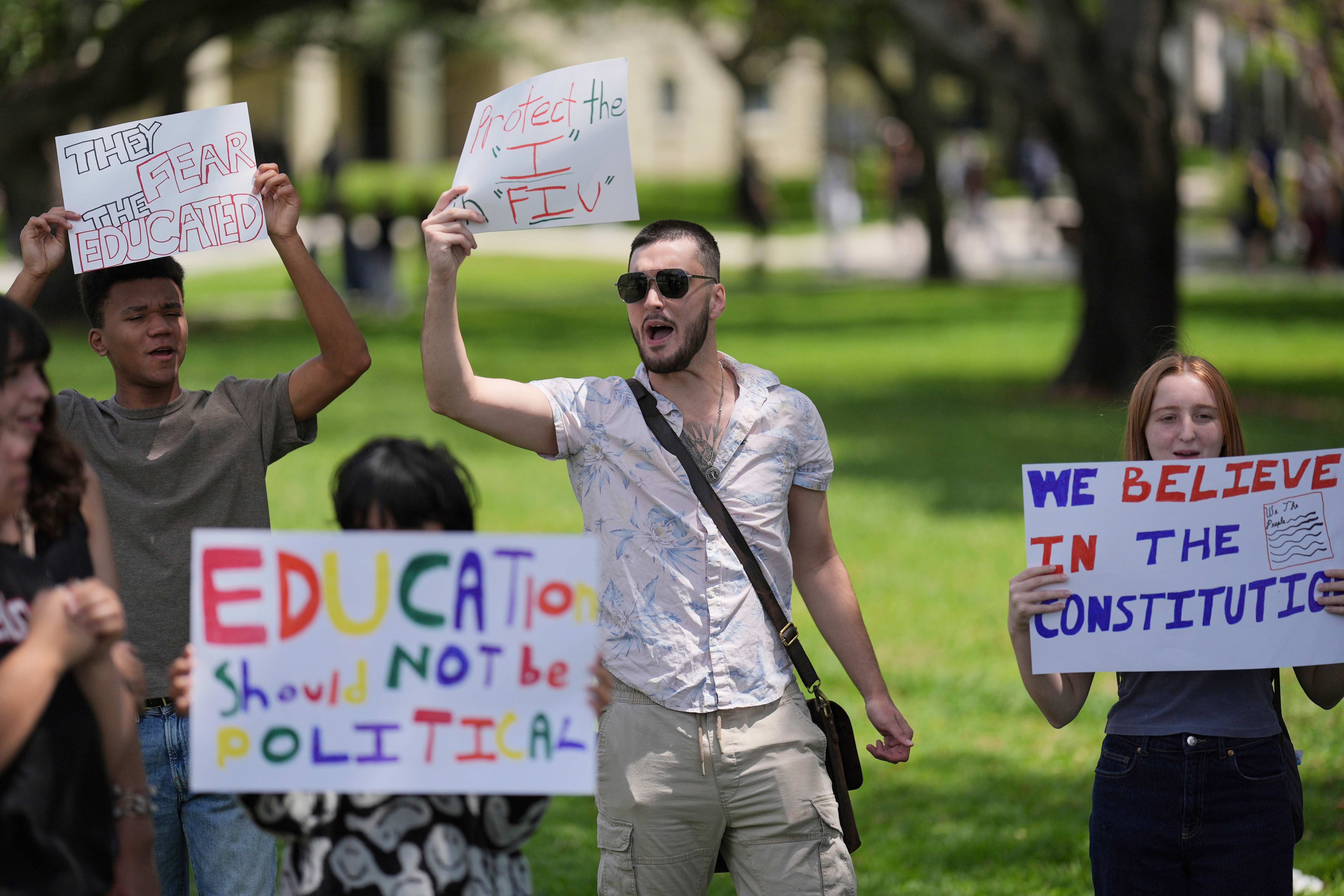Fewer Summer Vacations: Money Isn't the Top Reason!
Summer Vacation Doldrums: Why Fewer Americans Are Hitting the Road
Introduction: Are Summer Vacation Dreams Fading?
Summer. The very word conjures images of sun-drenched beaches, thrilling theme parks, and unforgettable road trips. But are those summer vacation dreams fading for many Americans? It seems so. A recent Bankrate survey reveals a surprising trend: fewer of us are planning summer getaways compared to last year. Around 46% of Americans are planning a summer vacation, a dip from 53% in 2024. But the real kicker? The reason might not be what you think.
The Shrinking Summer Vacation Pool
The numbers don’t lie. A significant portion of the population is rethinking their summer travel plans. Why? Is it simply the allure of staying home, or something deeper at play? It appears that financial pressures are significantly impacting the summer vacation landscape.
A Deeper Dive into the Data
Let's break it down: While the obvious assumption might be high travel costs, the survey reveals a more nuanced picture. Yes, travel expenses are a factor, but they're not the *biggest* factor. Something else is taking a bigger bite out of our vacation budgets.
It's the Everyday Costs, Stupid!
Okay, maybe not "stupid," but you get the point. The Bankrate survey highlights a surprising culprit: the rising cost of *everyday* life. A whopping 68% of respondents cited the cost of everyday living as a bigger deterrent to travel than vacation expenses themselves (64%). Think about it – gas, groceries, utility bills... they all add up, leaving less room for that dream vacation.
The Grocery Bill Blues
We've all felt the sting at the checkout line. Inflation has impacted the cost of groceries, making it harder to save for that trip. Suddenly, that weekend getaway feels a lot less achievable.
Gas Prices on the Rise Again
Remember the days of cheap gas? Yeah, me neither. Fluctuating gas prices make budgeting for a road trip a real challenge. It's enough to make you want to stay put!
Recession Fears: A Looming Cloud Over Summer Plans
Economic uncertainty can cast a long shadow over our spending habits. The survey suggests that recession fears are causing many travelers to adopt a "wait-and-see" approach to summer trips. Why book a non-refundable hotel when you're not sure if you'll still have a job next month?
The "Wait-and-See" Approach: A Strategy for Uncertain Times
Playing it safe seems like the sensible option when the economic future is unclear. That means delaying big purchases, including that summer vacation. The hope is that the economic clouds will part, revealing a clearer path for travel later in the year.
Tariffs and Trade Wars: An Unexpected Impact
The global economy is more interconnected than ever. Recent tariffs and trade wars can have a ripple effect, impacting consumer prices and overall economic confidence. These factors contribute to the general sense of financial unease, leading to fewer summer vacation plans.
The Global Impact on Your Local Vacation
It might seem abstract, but international trade policies directly affect the price of goods and services, potentially impacting your vacation budget. Think about it: tariffs on imported goods can raise the cost of everything from hotel linens to theme park souvenirs.
Beyond the Money: Other Reasons to Stay Put
While financial constraints are a major factor, they're not the only reason why fewer Americans are planning summer vacations. Other considerations, such as time constraints, personal obligations, and a desire to simply relax at home, also play a role.
The Allure of the Staycation
Sometimes, the best vacation is the one you take at home. Staycations offer a chance to relax, recharge, and explore your local area without breaking the bank. Think of it as a mini-vacation with maximum relaxation and minimal travel stress.
Time is Money: The Time Crunch Factor
In today's fast-paced world, time is a precious commodity. Many Americans are simply too busy to take a traditional summer vacation. Work commitments, family obligations, and other responsibilities can make it difficult to carve out the time for travel.
Who's Still Traveling? A Look at the Demographics
While overall summer vacation plans are down, some demographics are still more likely to travel than others. Understanding these trends can provide insights into the changing landscape of summer travel.
Higher Income Households: The Luxury of Leisure
Unsurprisingly, higher-income households are more likely to maintain their summer vacation plans. They have the financial flexibility to absorb rising costs and navigate economic uncertainty.
Families with Younger Children: Creating Memories that Last
Despite the financial pressures, families with younger children often prioritize summer vacations as a way to create lasting memories. The desire to provide enriching experiences for their kids can outweigh the cost considerations.
The Travel Industry Adapts: Strategies for a Changing Market
The travel industry is well aware of these trends and is actively adapting to attract travelers in a cost-conscious environment. This includes offering more affordable packages, promoting off-season travel, and focusing on value-added experiences.
Deals, Discounts, and Bundles: Saving Strategies for Travelers
Look for travel companies offering discounts, package deals, and bundled services. These can help you save money on your vacation without sacrificing the quality of your experience.
The Rise of "Experiential Travel": Creating Lasting Memories on a Budget
Experiential travel focuses on creating unique and memorable experiences, rather than simply visiting popular tourist destinations. This can be a more affordable and fulfilling way to travel, allowing you to connect with local cultures and communities.
What Does This Mean for the Future of Summer Vacations?
The current trend suggests a shift in how Americans approach summer vacations. We may see a move towards shorter trips, closer-to-home destinations, and a greater emphasis on value and affordability. The traditional two-week summer vacation might become a thing of the past for many.
A New Era of Travel: Flexibility and Adaptability
The key to navigating the changing travel landscape is flexibility and adaptability. Be open to alternative destinations, travel dates, and accommodation options. Embrace the unexpected and be willing to adjust your plans as needed.
Conclusion: Navigating the New Summer Vacation Landscape
So, fewer Americans are planning summer vacations, and the reasons are more complex than just travel costs. Rising everyday expenses, recession fears, and global economic factors are all contributing to the trend. However, this doesn't mean summer vacation dreams are dead. By being flexible, resourceful, and open to new experiences, you can still create unforgettable summer memories, even on a tighter budget. The key is to prioritize what truly matters: connection, relaxation, and adventure.
Frequently Asked Questions (FAQ)
- Q: What is the main reason Americans are traveling less this summer?
- A: According to a Bankrate survey, the rising cost of everyday living (68%) is a bigger deterrent than travel expenses themselves (64%).
- Q: Are recession fears impacting travel plans?
- A: Yes, fears of a recession are causing many travelers to adopt a "wait-and-see" approach to summer trips, delaying bookings until the economic outlook becomes clearer.
- Q: What is a "staycation" and how can it save money?
- A: A staycation is a vacation taken at home or in your local area. It saves money by eliminating travel costs and allowing you to enjoy local attractions and activities without the expense of lodging.
- Q: How can I find affordable travel deals?
- A: Look for travel companies offering discounts, package deals, and bundled services. Consider traveling during the off-season when prices are typically lower. Use online travel agencies and comparison websites to find the best deals.
- Q: What is "experiential travel"?
- A: Experiential travel focuses on creating unique and memorable experiences, such as immersing yourself in local culture, participating in adventure activities, or volunteering for a cause. It can often be a more affordable and fulfilling way to travel than traditional sightseeing.


